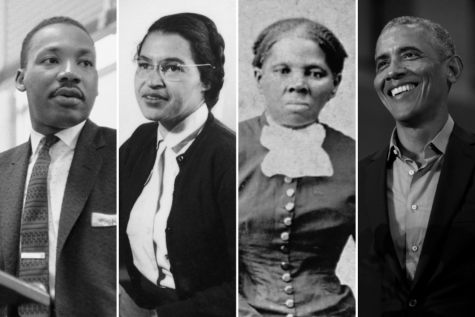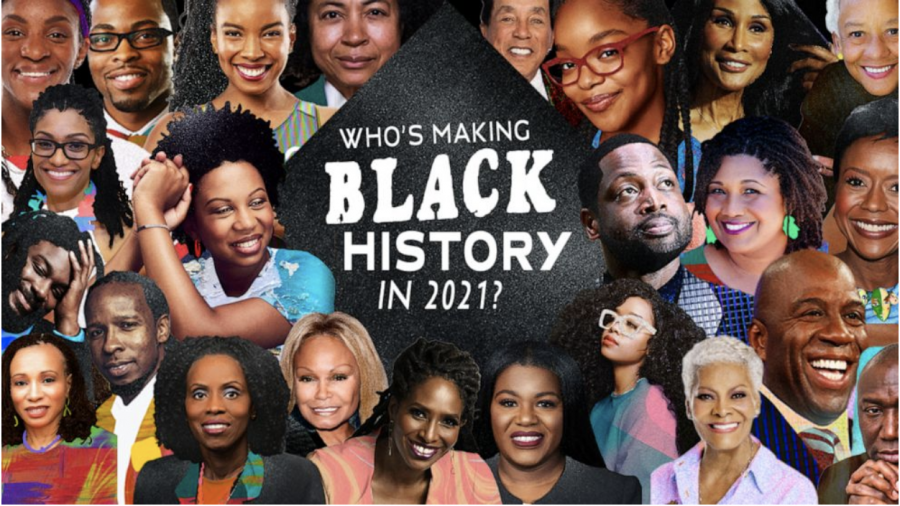Why We Need to Reimagine Black History Month
March 15, 2021
February marks Black History Month—an opportunity to commemorate the lives of African Americans who have contributed significantly to United States history and modern American society. This year, on the heels of an international movement for racial justice and police accountability, Black History Month feels different for many Americans. In the wake of such tremendous recognition of the Black Lives Matter movement and widespread focus on combating police brutality, the Summer of 2020 marked a major national turning point in terms of racial justice. In accordance with this newfound awareness, Black History month deserves a transformed significance. During February, we should not only honor those who have made enormous impacts on the country, but also embrace the chance to celebrate that African-American contributions were not just achieved by familiar, seminal Black historical figures. These advancements were also the product of the work and dedication of millions of Black Americans whose names remain unknown.
We must reimagine Black History Month to spotlight the stories of ordinary African Americans, both living and dead, who have each played an integral role in our nation’s history. Black history is the story of Rosa Parks and John Lewis, but it is also the story of Claudette Colvin and thousands of Freedom Riders whose names we will never know. Black history is the story of Harriet Tubman and Frederick Douglass, but it is also the story of the legions of enslaved human beings whose voices we never heard. Black history is the story of Martin Luther King Jr. and Malcolm X, but it is also the story of the countless Black Americans who dedicated their lives to fighting for equality in their cities, neighborhoods, schools, and workplaces. Intrinsically, Black history is American history, transcending generational and regional boundaries to promote the causes of civil rights, civil liberties, and equality for all.

In reimagining Black History Month, we gain the opportunity to embrace stories of Black lives that spotlight the gravity of the oppression, discrimination, and brutality that America has imposed upon its Black citizens for centuries, while not restricting Black history to the fallacious paradigm that African Americans posess a narrative solely consisting of horrific violence and trauma. At a fundamental level, this new conception of Black History Month is an acknowledgment of all that African Americans have accomplished in spite of this violence. But most importantly, during Black History Month, we must recognize and celebrate the remarkable contributions of African Americans with the cognizance that they need not accomplish anything groundbreaking in order to “earn” their place in the American story.
As Toni Morrison once wrote, “In this country American means white. Everybody else has to hyphenate.” There is still much work to be done to integrate Black contributions into widespread conceptions of American history, and this process can begin in the classroom by transforming curriculums created and taught through the white lens. University of Missouri Professor LaGarrett King notes that “If the first time that black people enter the school curriculum is through when they’re enslaved, that gives the impression these particular people were not that important to American democracy and didn’t contribute to the intellectual development of the country.” From Shirley Chisolm to Carol Moseley Braun to Stacey Abrams, here are a few African American pioneers and innovators whose stories are often untold:













